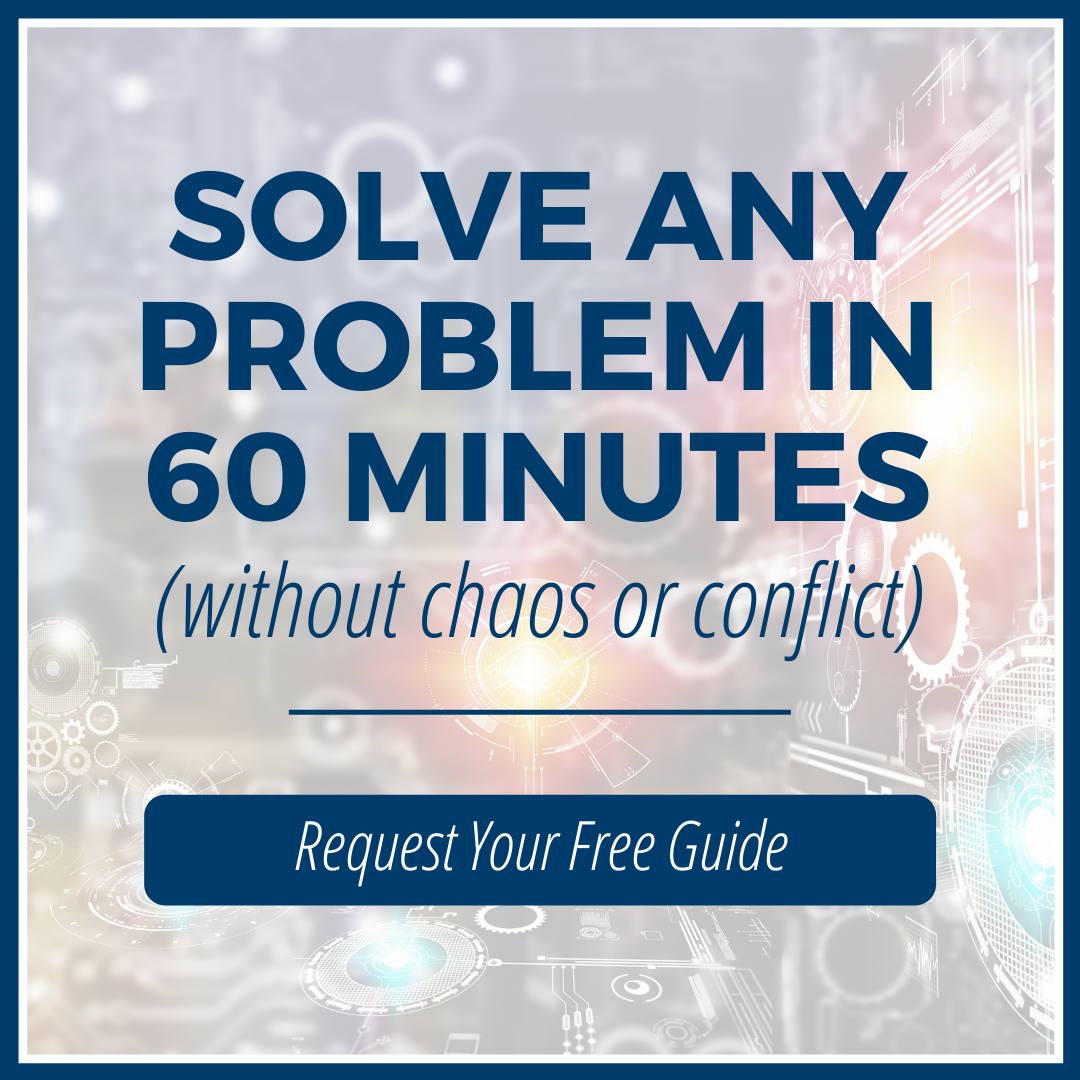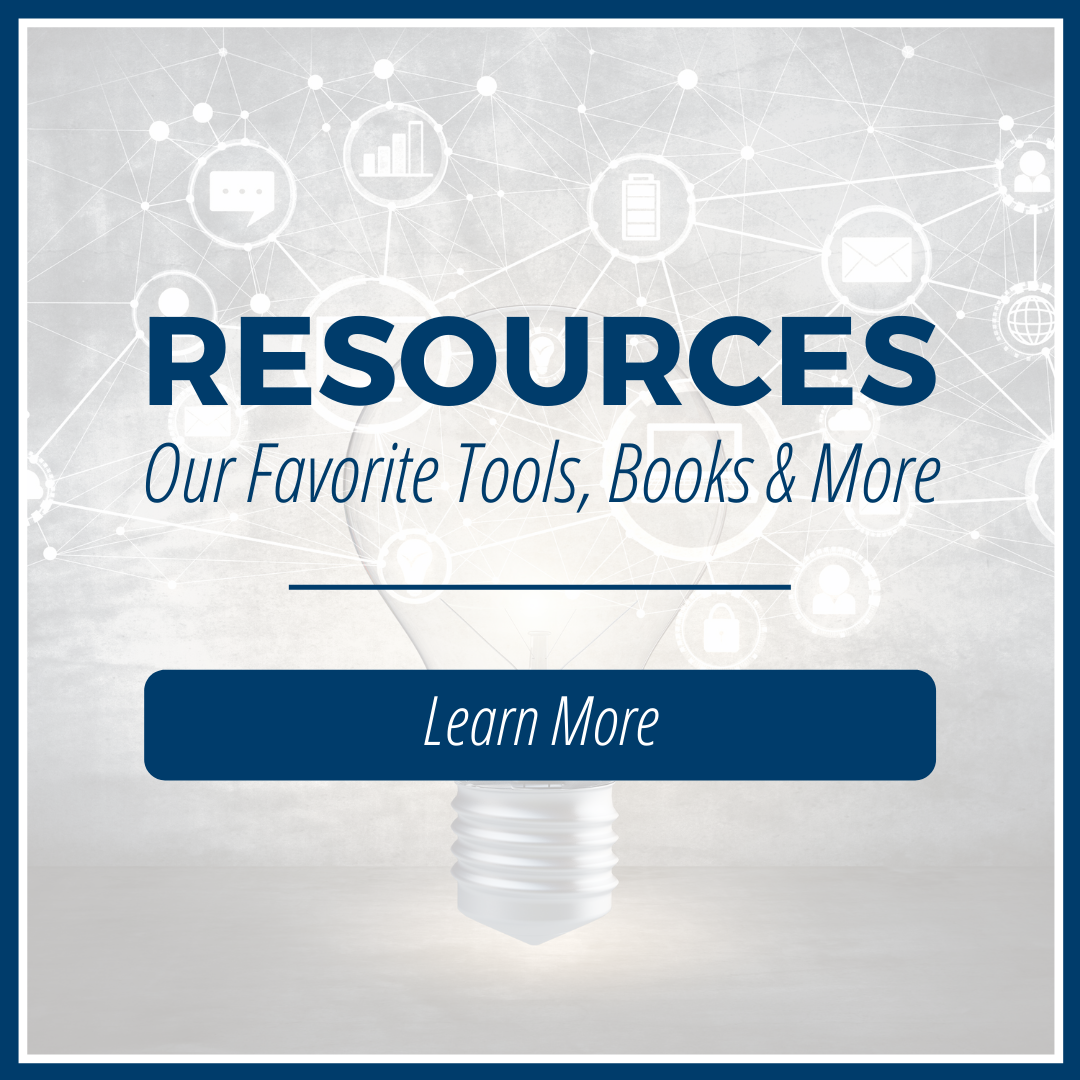Choice Overload – Too Much to Handle

The Decision Labs defines Choice Overload:
Choice overload, also known as over choice, choice paralysis, or the paradox of choice, describes how people get overwhelmed when they are presented with a large number of options to choose from.
This term was first used by Alvin Toffler in his book Future Shock, which is about what is happening today to people and groups who are overwhelmed by change. Decision Labs adds: “While we tend to assume that more choice is a good thing, in many cases, research has shown that we have a harder time choosing from a larger array of options.”

Think about a child in a toy store whose mother told him to ‘go choose whatever toy you want.” The child might walk out of the store with no toy. Choice Overload can start at a very early age. Too many choices might keep us from making any decision. Or we might put off a decision or make a bad or unhappy decision and later regret the decision made.
Decision Labs explains other fall-out from choice overload:
Major life decisions, such as our choice of career and our choice of romantic partner, are also subject to the effects of overload. With near-infinite choices in almost everything, many of us feel constantly preoccupied with decisions we need to make or ruminating over choices that we then regret. This may have consequences for our mental health, playing a role in depression and anxiety.
If we glance back at our history, we might recall that before the industrial revolution, life seemed pretty straightforward: we grew up in a family, left home to find new work, got married, had kids who started the cycle again, we retired, and are remembered as a ‘great man’. Then the industrial revolution got under way and products piled up. Innovation today has gone digital and who knows what it will continue to pile on us. You would think with so much stuff and so many options we would feel wonderfully free.
Decision Labs sees it differently:
But in actuality, more choices just means more decisions that we have to make, and making decisions uses up mental energy—of which we only have a limited supply. When we don’t have the cognitive resources to weigh all of our options, we can end up simply abandoning the effort of making a choice. Research has also shown that when the decision is made more difficult—for example, by adding time constraints or choosing products that differ from each other on many different variables that need to be evaluated—people experience greater choice overload. The more choices, the higher our expectations.

The writer of Decision Labs inserts a quote from Alexander Pope: “Blessed is he who expects nothing, for he shall never be disappointed.” He goes on to make suggestions with examples to avoid Choice Overload from Barry Schwartz’s book The Paradox of Choice: Why More is Less (2004).
- Give yourself time to just browse: don’t be a maximizer; we don’t always know what we want.
- Make your choice the “final sale”: it’s nonreversible – better is enemy of the good!
- Keep a gratitude journal: this must be practiced; daily list 5 things you appreciate. Be satisfied and grateful for what you have.
Take-away: To avoid Choice Overload: “set aside dedicated browsing time, treat decisions as nonreversible, and try keeping a gratitude journal.” This is a MUST-read article.
Sources:
- https://thedecisionlab.com/biases/choice-overload-bias
- Toffler, Alvin, (1970); Future Shock; Bantam books, New York, N.Y.
- Schwartz, Barry, (2004); The Paradox of Choice: Why More is Less, HarperCollins, New York, N.Y



